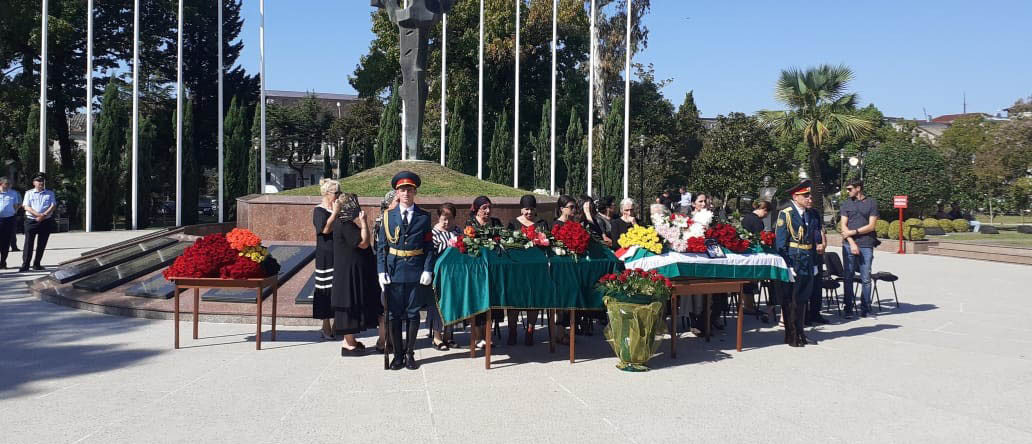This was possible within the framework of the Coordination Mechanism on Persons Unaccounted For in Connection with the Events of 1992–1993 Armed Conflict and After, involving Abkhaz and Georgian participants, operating with the ICRC’s support since 2010. The Mechanism is of a purely humanitarian nature and acts on behalf of the families of missing people.
Before joining a farewell ceremony organized to honour the dead, the families had the opportunity to ask questions and receive information about the process of the search, recovery of remains and identification of their loved ones. Forensic experts, psychologists and local specialists from the organization BRIDGE took part in this meeting.
Today, two families have finally received the remains of their loved ones after decades of uncertainty. I express my sincere condolences to these families.
A greater commitment from all sides is required to make sure that more missing people are identified and returned to their loved ones. It is important that a locally driven mechanism is put in place to clarify the fate and whereabouts of missing people and support their families in a sustainable way. It is also critical to involve families to ensure that the work undertaken is relevant, effective, understood and accepted by the families themselves,” said Agnes Coutou, the ICRC Envoy on missing persons in the Caucasus.
Since the inception of the Coordination Mechanism in 2010, the remains of 230 people have been identified and handed over to their families. In total, 1,926 people, including military personnel and civilians, are still reported as missing in connection with the armed conflict of 1992–93.



Comments